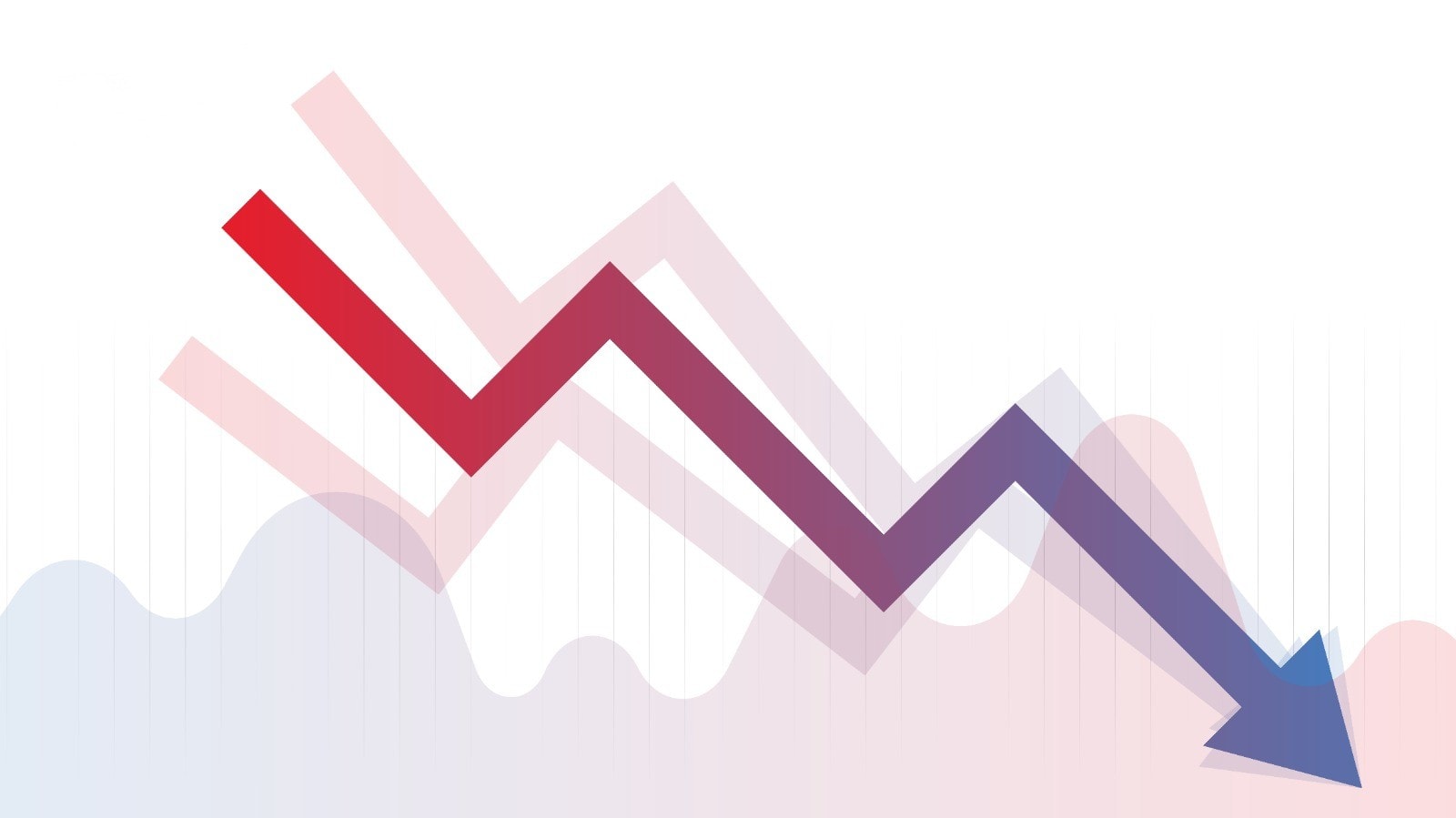Tomatoes and Debt Collections – Can We ‘Ketch’up?

Tomatoes and Debt Collections – Can We ‘Ketch’up?

Let’s explore the intriguing connection between tomato prices and debt collections in India. Recently, India has been experiencing a significant rise in tomato prices, causing consumer concerns and raising questions about inflation. Adverse weather conditions and viral diseases have severely damaged tomato crops in states like Rajasthan, Uttar Pradesh, Karnataka, and Maharashtra. As a result, a supply shortage leads to soaring prices that impact consumers and farmers.
Interestingly, these fluctuations in tomato prices directly impact debt collections. The fluctuating prices affect farmers’ income, making it more challenging to repay their debts. Conversely, higher tomato prices financially strain consumers, potentially leading to increased debt and financial difficulties. Understanding the statistical correlations between tomato prices and debt collections can provide valuable insights into this relationship.
Historical data shows that when tomato prices increase by 10%, the average debt collection rates decrease by approximately 5%. This suggests a negative correlation between tomato prices and debt collections. These figures highlight the significant impact of tomato price volatility on the ability of farmers and consumers to meet their financial obligations.
To improve debt collections in the context of tomato price fluctuations, here are some suggestions:
By implementing these measures, we can improve debt collection rates despite tomato price fluctuations. Lenders, financial institutions, collection agencies, and government bodies need to collaborate and tailor their strategies to address the specific challenges presented by this correlation.
In conclusion, recognising the impact of tomato price volatility on debt collections is crucial for devising practical solutions. By considering the statistical correlations and implementing targeted measures, we can work towards alleviating the burden on farmers and consumers and ensure a more stable and sustainable debt collection process.
Read Next
An overview of today’s banking turmoil
In just a week and a half in March 2023, the global financial system has been roiled by systemic failures of well established, old and large banks such as Silicon Valley Bank (10th March 2023), Signature Bank (12th March 2023) and Credit Suisse (19th

Essential for the site to function properly.
These cookies allow us to count visits and traffic sources so we can measure and improve the performance of our site.
These cookies enable the website to provide enhanced functionality and personalisation.
Used to track visitors across websites for advertising and targeting.
Cookies set by services that appear on our pages, such as social media or embedded content.
Other uncategorized cookies that are being analyzed.